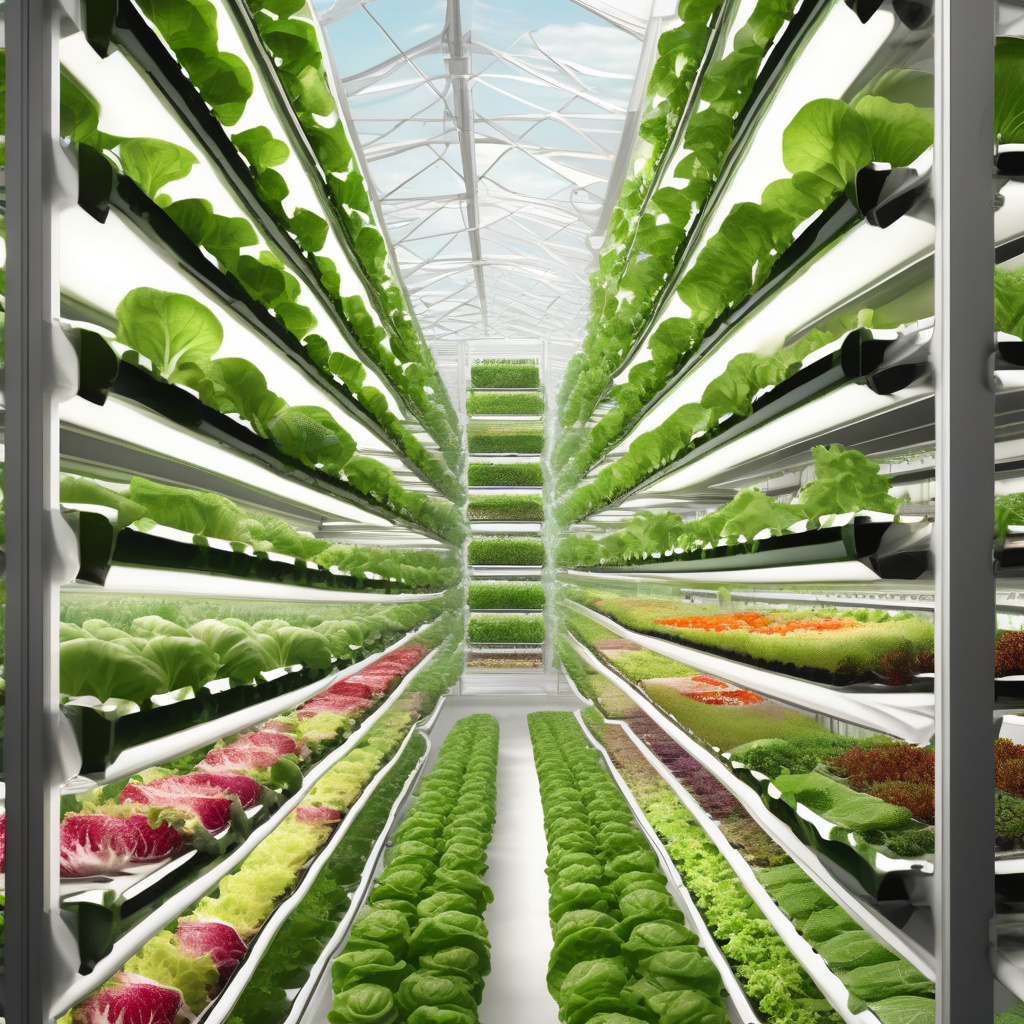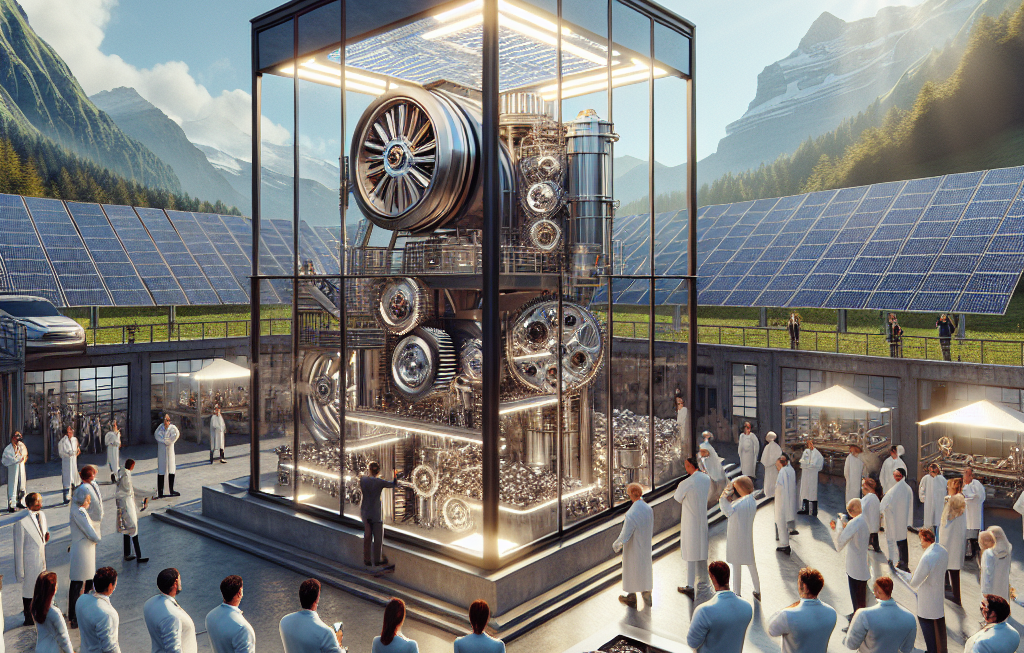Can Vertical Farms Secure the UK’s Food Future Sustainably?
Vertical farming has emerged as a revolutionary solution with promises of higher yields and efficient land use, offering a potential answer to the growing concerns of food security. As the world faces challenges such as climate change, population growth, and resource scarcity, the need for sustainable agricultural practices has never been more pressing. In the context of the UK, where self-sufficiency in food production is a priority, the question arises: can vertical farms truly secure the country’s food future sustainably?
The concept of vertical farming involves cultivating crops in vertically stacked layers, often in controlled environments like skyscrapers or repurposed warehouses. By utilizing hydroponic or aeroponic systems along with advanced technologies like LED lighting and climate control, vertical farms can optimize growing conditions and maximize yields compared to traditional farming methods. This innovation allows crops to be grown year-round, independent of weather conditions, and in urban areas closer to the consumer market, reducing transportation costs and emissions.
Proponents of vertical farming highlight its potential to increase food production without expanding agricultural land, which is especially relevant in a country like the UK with limited arable space. By bringing food production closer to urban centers, vertical farms can also contribute to food security by ensuring a more reliable and resilient supply chain. Additionally, the controlled environment of vertical farms minimizes the need for pesticides and herbicides, leading to cleaner and safer produce for consumers.
However, despite these benefits, recent research has raised concerns about the sustainability of vertical farming, particularly regarding its carbon footprint. A study published in the journal “Environmental Science & Technology” found that while vertical farms can achieve higher yields, the energy-intensive nature of indoor farming operations can result in significant greenhouse gas emissions. Factors such as artificial lighting, heating, and ventilation systems contribute to the overall environmental impact of vertical farms, raising questions about their long-term sustainability.
To address these challenges and ensure that vertical farming can indeed secure the UK’s food future sustainably, innovation and collaboration are key. Investing in renewable energy sources such as solar or wind power to supply vertical farms can help reduce their carbon footprint. Additionally, optimizing resource use through integrated systems that recycle water, nutrients, and waste can enhance the overall sustainability of vertical farming operations.
Moreover, research and development efforts focused on improving energy efficiency, developing innovative growing techniques, and selecting crop varieties that thrive in indoor environments are essential to advancing the sustainability of vertical farming. By leveraging cutting-edge technologies like artificial intelligence, robotics, and data analytics, vertical farms can continuously optimize their operations to minimize environmental impact while maximizing productivity.
In conclusion, while vertical farms hold great potential in revolutionizing the future of food production and enhancing food security in the UK, addressing the sustainability challenges is crucial for their long-term viability. By pursuing innovation, adopting sustainable practices, and prioritizing environmental stewardship, vertical farms can play a significant role in securing the country’s food future while mitigating the impact of climate change. The journey towards sustainable vertical farming may present obstacles, but with dedication and strategic action, the UK can embrace this innovative approach to agriculture and pave the way for a more resilient and environmentally conscious food system.
The post “Can vertical farms secure the UK’s food future sustainably?” appeared first on Innovation News Network.
vertical farming, food security, sustainability, UK agriculture, innovative technologies











